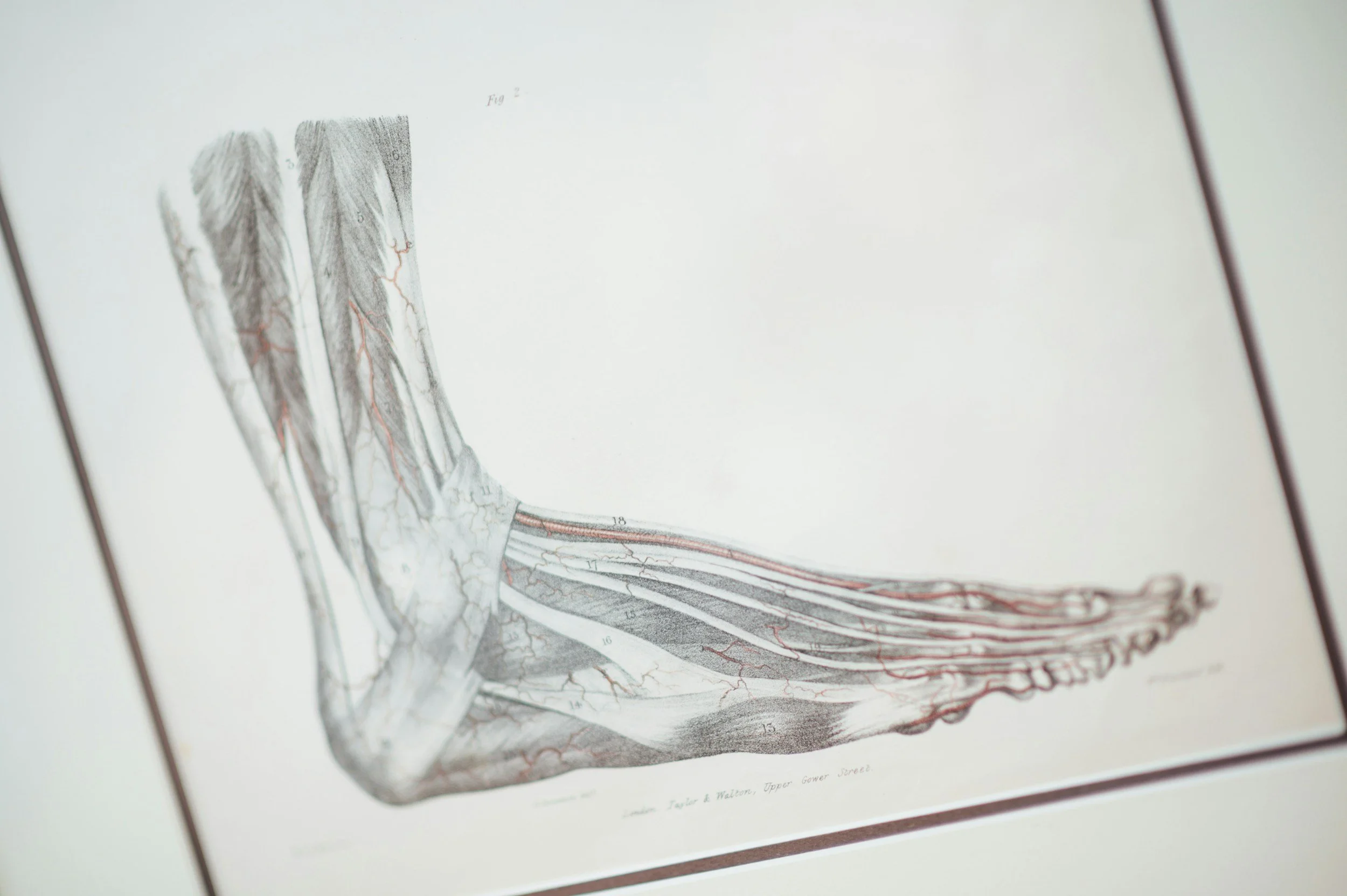How to Hack Your Habits: The Physiotherapist's Guide to Lasting Movement Change
Creating lasting movement habits can be challenging, especially when modern life encourages long periods of sitting and inactivity. Many people start exercise programs with enthusiasm but quickly lose momentum. This is where a physiotherapist’s guidance can make all the difference. By combining knowledge of human movement with habit-building strategies, physiotherapists can help you develop sustainable routines that support long-term health.
Understanding Movement Habits
Movement habits are the small actions and routines that make physical activity part of daily life. These habits influence posture, flexibility, strength, and overall well-being. Poor movement habits, such as slouching at a desk or skipping stretching, can lead to pain, reduced mobility, and long-term injuries. Conversely, strong, consistent movement habits improve energy, posture, and musculoskeletal health.
Physiotherapists understand how the body moves and which exercises benefit specific areas. They can identify your unique movement patterns and help you build habits that reinforce correct posture and functional strength.
Start Small and Stay Consistent
One of the key principles in habit formation is starting small. A few minutes of stretching or a short walk each day is more effective than an overwhelming workout routine that you cannot maintain. Physiotherapists recommend breaking down movements into manageable steps, gradually increasing intensity and duration over time. Consistency, rather than intensity, is the foundation of lasting change.
Use Triggers and Cues
Triggers or cues are events that remind you to perform a movement habit. For example, you can stand up and stretch each time your phone alarm goes off or do a set of squats before making your morning coffee. Physiotherapists often advise pairing movement habits with daily routines, creating natural opportunities to move without extra planning.
Focus on Enjoyable Movements
Sustainable habits are easier to maintain when the exercises are enjoyable. Physiotherapists encourage exploring a variety of movements to find what feels good and works for your body. This could include walking, swimming, yoga, or resistance exercises. Enjoyable activities reduce the likelihood of burnout and increase adherence.
Track Your Progress
Monitoring progress is an effective way to reinforce movement habits. Keeping a journal, using a fitness app, or noting improvements in flexibility, strength, or posture can provide motivation. Physiotherapists often set measurable goals to help patients see tangible results, making it easier to stay committed over time.
Address Barriers Early
Identifying potential obstacles is essential for habit success. Pain, fatigue, or lack of equipment can interfere with movement routines. Physiotherapists assess limitations and provide modifications to ensure exercises are safe and achievable. Addressing barriers early prevents setbacks and keeps you moving toward your goals.
Celebrate Small Wins
Every milestone, no matter how small, is a step toward lasting change. Physiotherapists encourage celebrating achievements, whether it is completing a daily stretching routine or improving posture. Positive reinforcement strengthens habits and builds confidence, making it more likely that the changes will stick.
Creating Long-Term Change
Lasting movement habits are built on knowledge, consistency, and enjoyment. Physiotherapists provide the expertise to guide safe and effective routines while supporting the behavioral strategies needed for habit formation. By starting small, using cues, tracking progress, and celebrating success, you can hack your habits and make movement a natural part of your life.
With the right guidance and commitment, lasting movement change is achievable. Developing habits today not only improves mobility and strength but also enhances overall health and quality of life.




